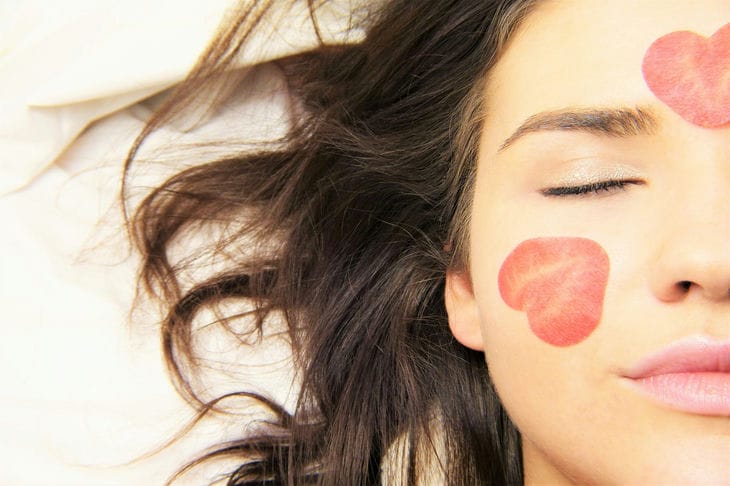There is no reason to avoid silicones in cosmetics. They are not able to penetrate the skin and do not cause clogged pores.
The task of silicones is to maintain the activity of the main ingredients, act as an absorbent, provide slip, easier distribution and viscosity.
Silicones are inert - they do not enter into any chemical or biological reactions with the skin.
Cosmetologist Aset Khamkhoeva explained what silicones are in cosmetics.
They do not destroy the stratum corneum, moreover, they maintain the protective function of the epidermis and the moisture level, which is important for some diseases.

Types of silicones:
Classic silicones (dimethicones / dimethicone). Prevent moisture loss from the skin surface, give the product a pleasant texture.
Volatile silicones (cyclopentasiloxane, cyclomethicone) evaporate after application, making the texture lighter. When evaporating, they do not carry away water molecules, protecting the skin from dehydration.
Modified silicones. They help to preserve and deliver active components that are saturated in creams and serums. These include:
- Amodimethicone
- dimethicone/vinyl dimethicone crosspolymer
- Peg-8 Dimethicone and others.
I did not demonize silicones in cosmetics. I only recommend choosing the right thorough, yet gentle cleansing from a specialist.
Earlier, a trichologist spoke about why dandruff appears.








